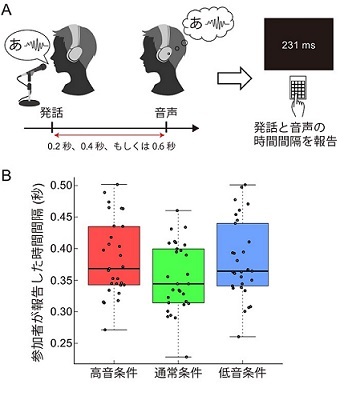ミルナー進化研究所のローレンス・ハースト教授が、ヒトの胚の多くが若くして死ぬ理由の謎を解き明かしました。 Professor Laurence Hurst from the Milner Centre for Evolution finds solution to the mystery of why most human embryos die young.
2022-07-05 バース大学
卵子が作られる2つのステップのうち、最初のステップで間違いが起こる。この最初のステップは、プロセスを妨害する突然変異に弱い。突然変異は、「利己的に」卵の50%以上に忍び込み、パートナーの染色体を強制的に破壊することができる。
最近の驚くべき分子的証拠によれば、ある種の染色体はこの最初のステップで破壊されそうになるのを察知すると、破壊されないように自分の行動を変え、染色体の損失や増加、そして胚の死を引き起こす可能性があることが分かりました。
Bub1と呼ばれるタンパク質の量が少ないと、マウスだけでなくヒトでも染色体の損失や増加が起こる可能性があることを示唆している。
Bub1のレベルは、母親が高齢になるにつれて、また、胚の染色体異常の発生率が上がるにつれて、下がっていきます。これらの抑制タンパク質を同定し、高齢の母親でそのレベルを上げれば、生殖能力を回復させることができるかもしれません。
<関連情報>
- https://www.bath.ac.uk/announcements/why-is-it-so-hard-for-humans-to-have-a-baby/
- https://journals.plos.org/plosbiology/article?id=10.1371/journal.pbio.3001671
利己的なセントロメアとヒトの生殖の無駄遣い。 Selfish centromeres and the wastefulness of human reproduction
Laurence D. Hurst
PLoS、Biology Published: July 5, 2022
DOI:https://doi.org/10.1371/journal.pbio.3001671
Abstract
Many human embryos die in utero owing to an excess or deficit of chromosomes, a phenomenon known as aneuploidy; this is largely a consequence of nondisjunction during maternal meiosis I. Asymmetries of this division render it vulnerable to selfish centromeres that promote their own transmission, these being thought to somehow underpin aneuploidy. In this essay, I suggest that these vulnerabilities provide only half the solution to the enigma. In mammals, as in utero and postnatal provisioning is continuous, the costs of early death are mitigated. With such reproductive compensation, selection can favour a centromere because it induces lethal aneuploidy: if, when taken towards the polar body, it instead kills the embryo via aneuploidy, it gains. The model is consistent with the observation that reduced dosage of a murine drive suppressor induces aneuploidy and with the fact that high aneuploidy rates in vertebrates are seen exclusively in mammals. I propose further tests of this idea. The wastefulness of human reproduction may be a price we pay for nurturing our offspring.

